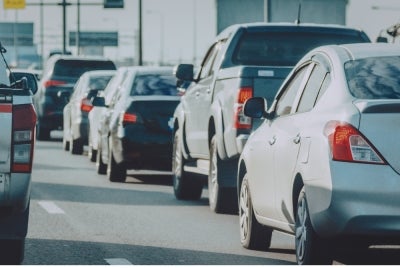Ensuring the safety of QR code payments

SHAH ALAM - As the use of QR codes grows rapidly, it's crucial for both business operators and consumers to be vigilant and take proactive measures to protect themselves against the threat of counterfeit QR codes, experts say.
Taylor University Cybersecurity and the Global Centre for Cybersafety Director Professor Datuk Dr Jazz said both business operators and consumers must take full responsibility when making payments.
She said it was important that payments were transferred to the right account name and, if possible, consistent with the business licences in operation for better traceability and transparency.
"QR code service providers should provide guidance and educate their business operators to ensure that only the right QR code is displayed at a secure location where pasting the wrong QR code will not be possible.
"Consumers should always check that they are paying to the correct account before completing the payment process by asking the business operators to confirm first.
"By following this validation process, both the operators and consumers are safeguarding themselves against falling prey to tricks by scammers," Jazz told Sinar Daily.
Jazz also advised making a police report if something seemed wrong or was confusing.
Meanwhile, CyberSecurity Malaysia Chief Executive Officer Datuk Dr Amiruddin Abdul Wahab said that consumers should conduct regular inspections of QR codes using simple visual checks to detect any alterations.
"Employ tamper-evident stickers or labels that reveal tampering attempts.
"Consider encasing QR codes in protective coverings accessible only to authorised personnel.
"Utilise advanced QR code generators with anti-counterfeit features, such as holograms and watermarks.
"Educate consumers about identifying fake QR codes through in-store signage, marketing materials, and staff training.
"Implement dynamic QR codes that can be modified or deactivated if compromised, and promptly report any suspicious activity to authorities," Amiruddin said.
Furthermore, consumers should safeguard themselves by avoiding scanning QR codes in public places, exercising caution with codes promising unusually good offers, and using QR code scanners capable of detecting fake codes.
By implementing these measures, small business operators could reduce the risk of scammers replacing their original QR codes with fakes, ensuring the safety of both their business and their customers, Amiruddin added.
"Public awareness and education on cyber threats and associated risks are crucial in preventing the proliferation of such scams."
Download Sinar Daily application.Click Here!















